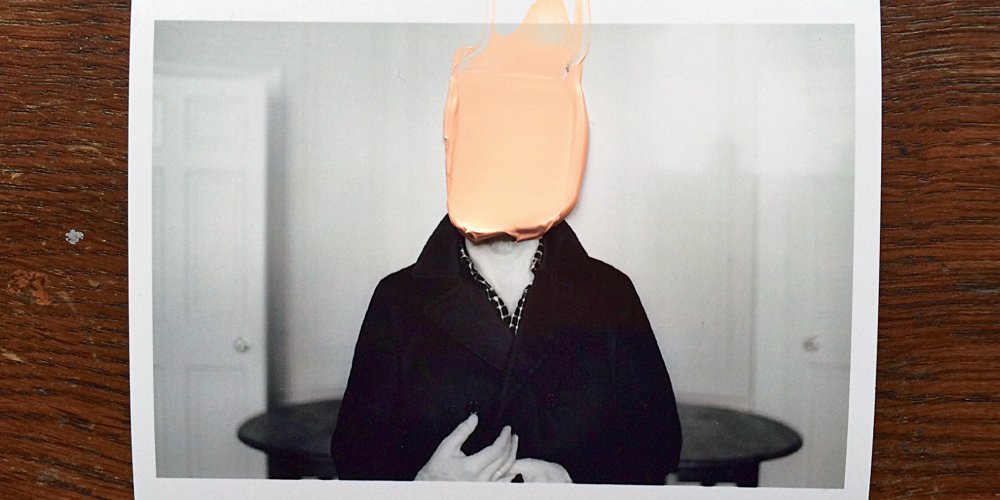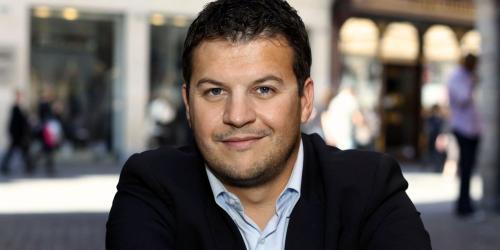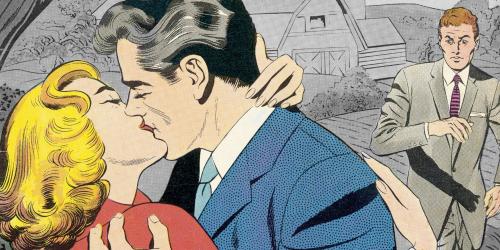MC: Direct question: have you written this book in order to exorcise a desire to end your existence?
Simon Critchley: That was part of the process.
I went through a very painful period following a break in love and I asked myself this question: is life worth living? Apparently, yes, as far as I'm concerned, since I'm here to answer you. The book was born from there.
The farewell letters you publish show both an unfailing determination and an enigmatic choice.
These letters, the manner of killing themselves, the places chosen, the symbols left are of capital importance. The way of dying gives meaning to past life, which scares the survivors, who feel fragile in their way of looking at their own existence.
Is that part of the reason why so many people are fleeing the discussions on this issue?
People do not want to know, it's a question that terrifies them as it puts them face to face with their own moving sands. Talking about suicide is not contagious, it does not cause contamination. We should be confronted with our own terrors, that is how we can progress.
Suicide is still too often regarded as something forbidden, which goes against public or religious law.
Yes, suicide is still illegal in New York State, for example. Religious texts consider that your life is a gift from God, which does not belong to you. To assert the right to put an end to it is to go against the divine will, and thus to break the law and its commandments.
To the crumbling of the religious has succeeded the rise in power of psychiatry and psychoanalysis which, you say, have continued to their ways of holding a moral discourse .
Yes, to an instrument of domination over our free will has succeeded another, much more sly. The perpetrator of a suicide attempt has become a patient who must be treated. And that's still the case today. We want to heal instead of understanding that after all, everyone must have the dignity to choose his life as he sees fit.
Who, mostly men or women, commit suicide?
Men, three to four times more. Except in China, where the opposite is true. On the other hand, women are three to four times more likely to make attempts.
There's only one middle that suicide arranges, it's show-business, go ahead.
Of course, because it is mostly populated by cynical and unethical people, who think primarily of their interests. Courtney Love once told me about her husband, Kurt Cobain, that the record industry had found her suicide "awesome." It had given them a glimpse of the enormous profits they would derive from such a cult ending. For them, the worst thing that can happen to a rock star is to live old. (Laughter.)
Letters of Suicide, by Simon Critchley, ed. Max Milo, 16 €.




